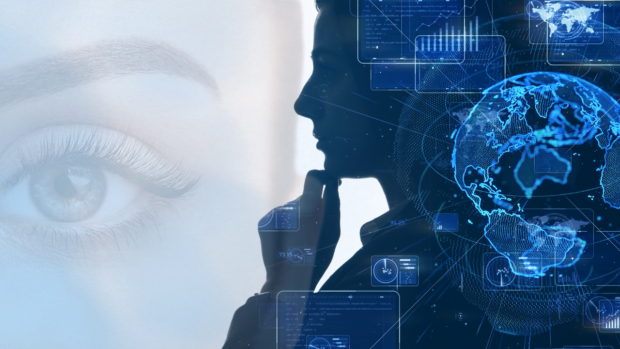House bill seeks heftier fines for use of deepfake technology in crimes
MANILA, Philippines — Three House lawmakers are seeking a heavier penalty for the use of deepfake technology in committing crimes.
Cavite Reps. Lani Mercado-Revilla and Ramon Revilla III and Agimat Rep. Bryan Revilla filed House Bill No. 9425, or proposed Penalizing Deepfake Act, to “establish clearer parameters for determining the appropriate legal consequences for deepfake-related actions.”
In their explanatory note to HB 9425, the lawmakers conceded that “Deepfakes, in and of themselves, are not inherently illegal. In fact, they offer valuable potential for positive applications.”
“However, the legality of deepfakes depends on their content, as they can infringe upon copyrights, violate data protection, defame individuals, and intrude upon privacy,” they noted, adding, “It is troubling that a significant proportion of online deepfake content, approximately 95 to 96 percent, is pornographic and nonconsensual in nature.”
They pointed out that in the Philippines, several personalities, including Liza Soberano, Paulo Avelino, Ivana Alawi, Maine Mendoza, and Catriona Gray, have been victimized by deepfakes.
Article continues after this advertisement“Their experiences underscore the pressing need for legislation in this domain,” they said.
Article continues after this advertisement“Although certain legal provisions from various laws may potentially cover offenses committed using deepfake technology, the absence of a precise definition for deepfakes is a notable gap,” the lawmakers pointed out.
HB 9425 defines “deepfake” as “any audio, visual or audio-visual recording created or altered through technical means, such as video recording, motion-picture film, sound recording, electronic image, or photograph, which are so convincing that a reasonable person would mistake it for an authentic representation of an individual’s speech or conduct.”
The measure provides that using deepfake technology in crimes or violating special laws would slap offenders with a penalty one degree higher than those prescribed in the Revised Penal Code or corresponding laws.
HB 9425 prescribes heavier penalties for the use of deepfake technology in defamation, gender-based sexual harassment, online abuse or exploitation of children, access device fraud, deceptive consumer transactions, copyright infringement, terrorism, election-related offenses, and online fraud.
It, however, provides exceptions where a person would not be held liable for a “harmful” deepfake if an adult depicted was aware of and consented to the creation and commercial distribution of a deepfake.
